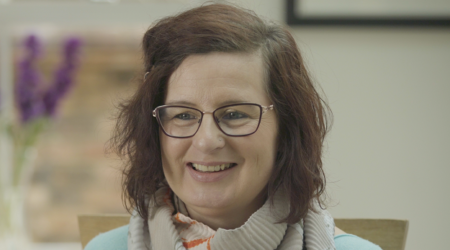Key facts
- Pancreatic cancer can be hard to diagnose. It often doesn’t cause symptoms in the early stages, and symptoms may come and go to begin with.
- Symptoms vary from person to person. They may include indigestion, pain in your tummy or back, changes to your poo, losing weight without meaning to, jaundice and recently diagnosed diabetes.
- If you have any of these symptoms and you don’t know why, see your GP. The symptoms may not be pancreatic cancer, but you should get them checked. If you have jaundice, go to your GP or A&E straight away.
- Your GP may refer you to hospital for tests to work out what is causing your symptoms.
- When you go for tests, ask when you can expect to get the results.
- Your test results may show you do not have pancreatic cancer. But if you still have symptoms, go back to your GP to find out what’s causing them.
- If you do have pancreatic cancer, the test results will give your specialist doctor detailed information about the cancer. This will include the stage of the cancer and what treatment you may need. You may need further tests to help with this.
- The stage of your cancer describes the size of the cancer and if it has spread outside the pancreas or to other parts of the body.
- If you have pancreatic cancer your case should be reviewed at a specialist cancer centre with a team of pancreatic cancer specialists. This team is called a multidisciplinary team (MDT). You will be given a main contact for the team, usually a specialist nurse, who will support you.
- Every hospital will do things slightly differently. Speak to your GP, consultant or specialist nurse if you have any questions.
- If you have been diagnosed with pancreatic cancer, our specialist nurses can support you and answer your questions.


